Optimal Timing for Water Treatments
Water treatments are essential for maintaining water quality and ensuring the safety of water supplies in residential, commercial, and industrial settings. Proper timing of treatments can maximize effectiveness, reduce costs, and prevent issues such as scaling, corrosion, or microbial growth. Understanding the best times to perform water treatments depends on factors like seasonal changes, water usage patterns, and specific water quality concerns.
Spring and fall are ideal for comprehensive water treatments to address seasonal variations in water quality and usage.
Perform water treatments before peak usage periods to prevent buildup and ensure water quality during high demand.
Regular testing and treatments should be scheduled based on water quality reports and observed issues.
Frequency varies but typically ranges from quarterly to bi-annual treatments depending on water source and system.
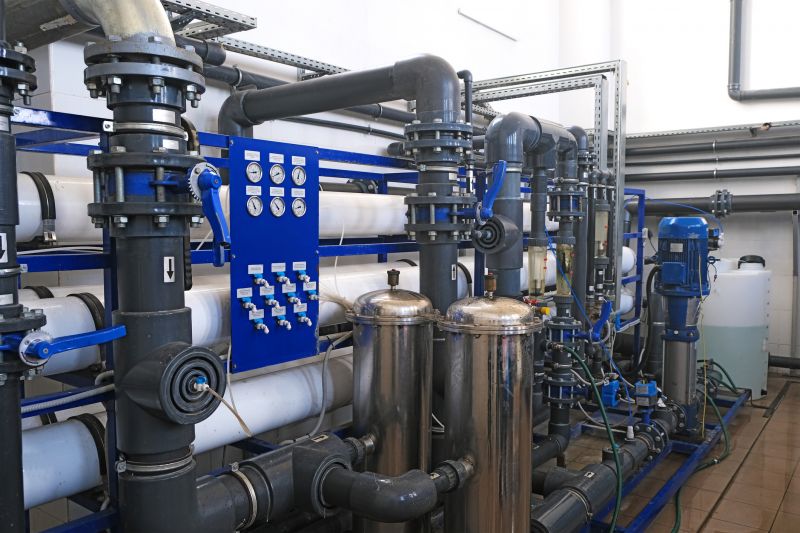
Industrial water treatment systems in operation.
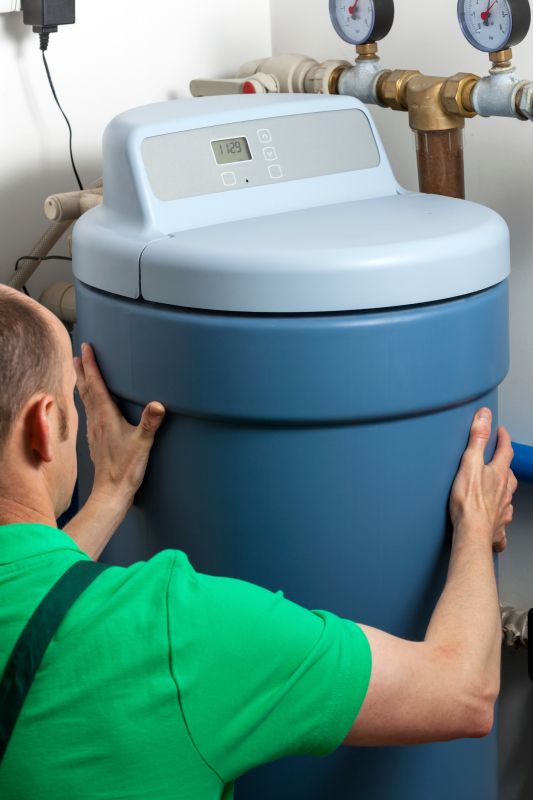
Technicians analyzing water samples.
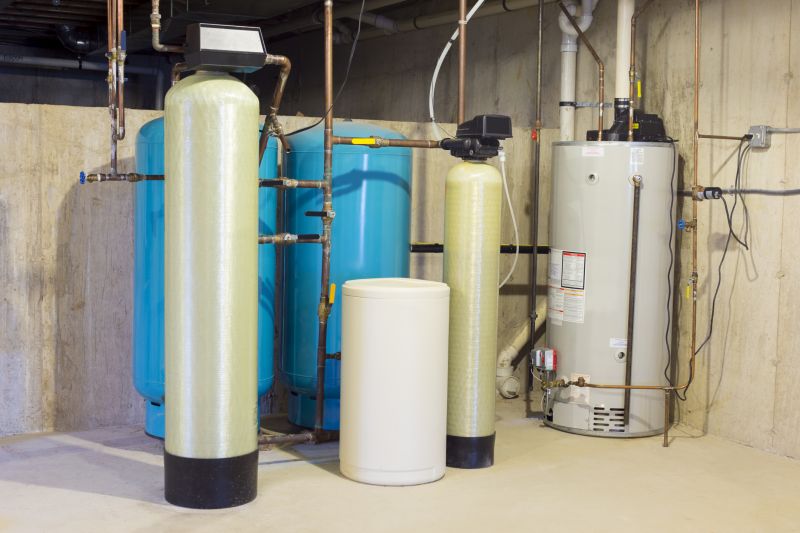
Application of water treatment chemicals.
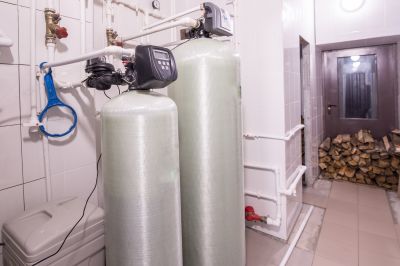
Ways to make Water Treatments work in tight or awkward layouts.
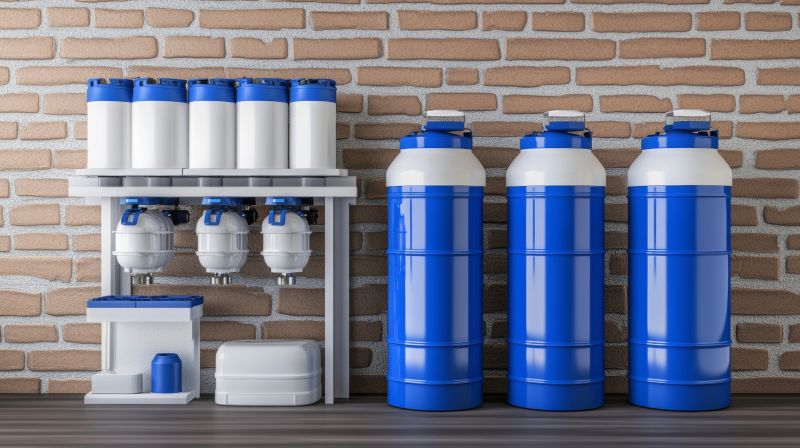
Popular materials for Water Treatments and why they hold up over time.
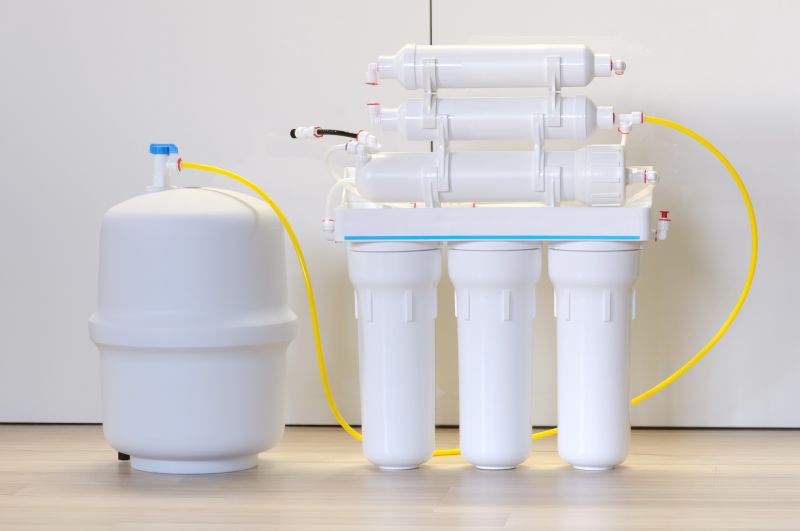
Simple add-ons that improve Water Treatments without blowing the budget.
| Timing Aspect | Details |
|---|---|
| Seasonal Changes | Spring and fall treatments help address seasonal water quality variations. |
| High Usage Periods | Pre-treatment before summer or winter peaks prevents system issues. |
| Water Quality Monitoring | Schedule treatments based on laboratory testing results. |
| Temperature Fluctuations | Adjust treatment timing to account for temperature-related chemistry changes. |
| System Maintenance | Align treatments with scheduled system inspections for efficiency. |
Water treatments are vital for maintaining optimal water quality across various applications. Proper timing ensures that treatments are effective in reducing contaminants, preventing scaling, and minimizing corrosion. Regular assessments and adherence to recommended schedules support the longevity of water systems and safeguard health standards.
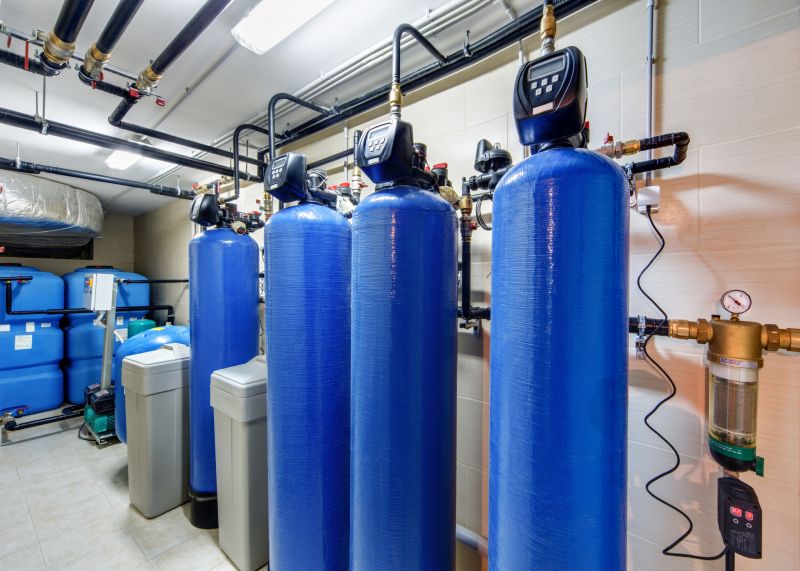
Large-scale water treatment plant in operation.
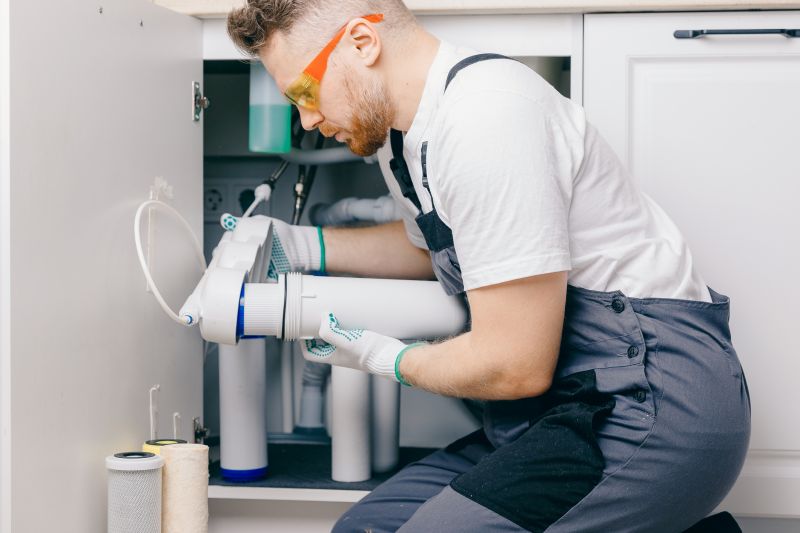
Precise chemical dosing in progress.
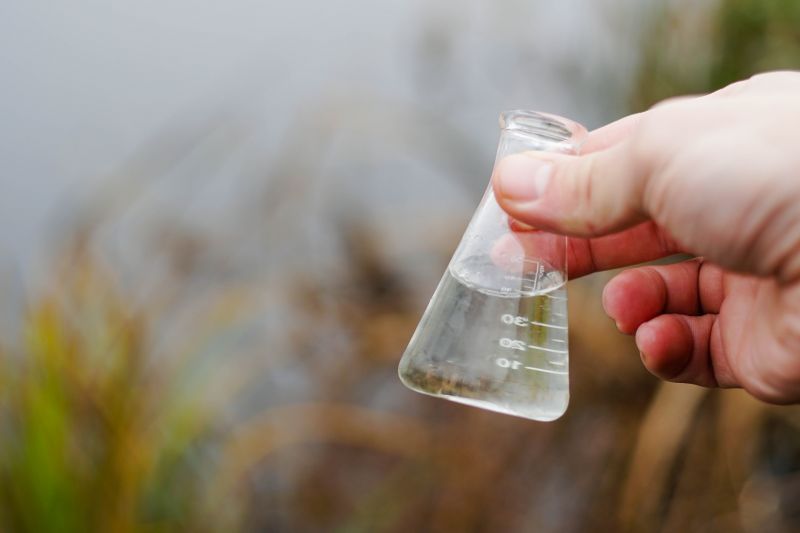
Laboratory analysis of water samples.
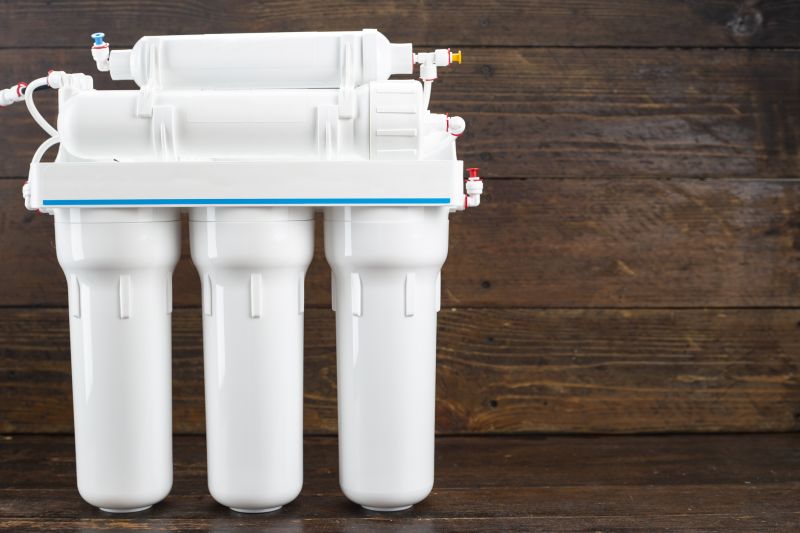
Advanced filtration equipment installed.
The best time depends on seasonal changes, water usage patterns, and water quality assessments. Typically, spring and fall are ideal for comprehensive treatments, while pre-peak periods help prevent issues during high demand.
Frequency varies based on water source and system type but generally ranges from quarterly to bi-annual treatments.
Yes, but adjustments may be necessary to account for temperature effects on water chemistry and treatment efficacy.
Regular testing helps determine the optimal timing for treatments and ensures water quality standards are maintained.

